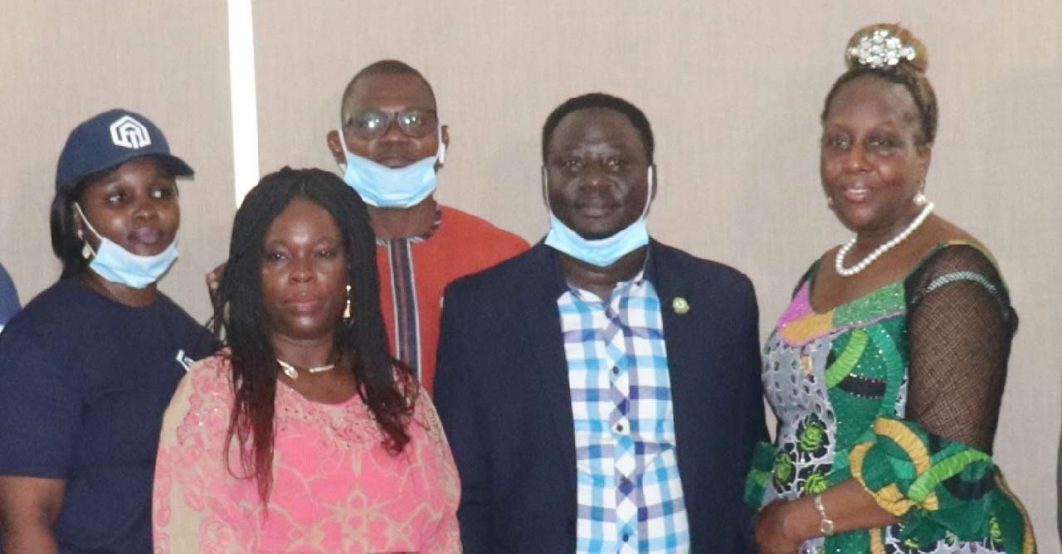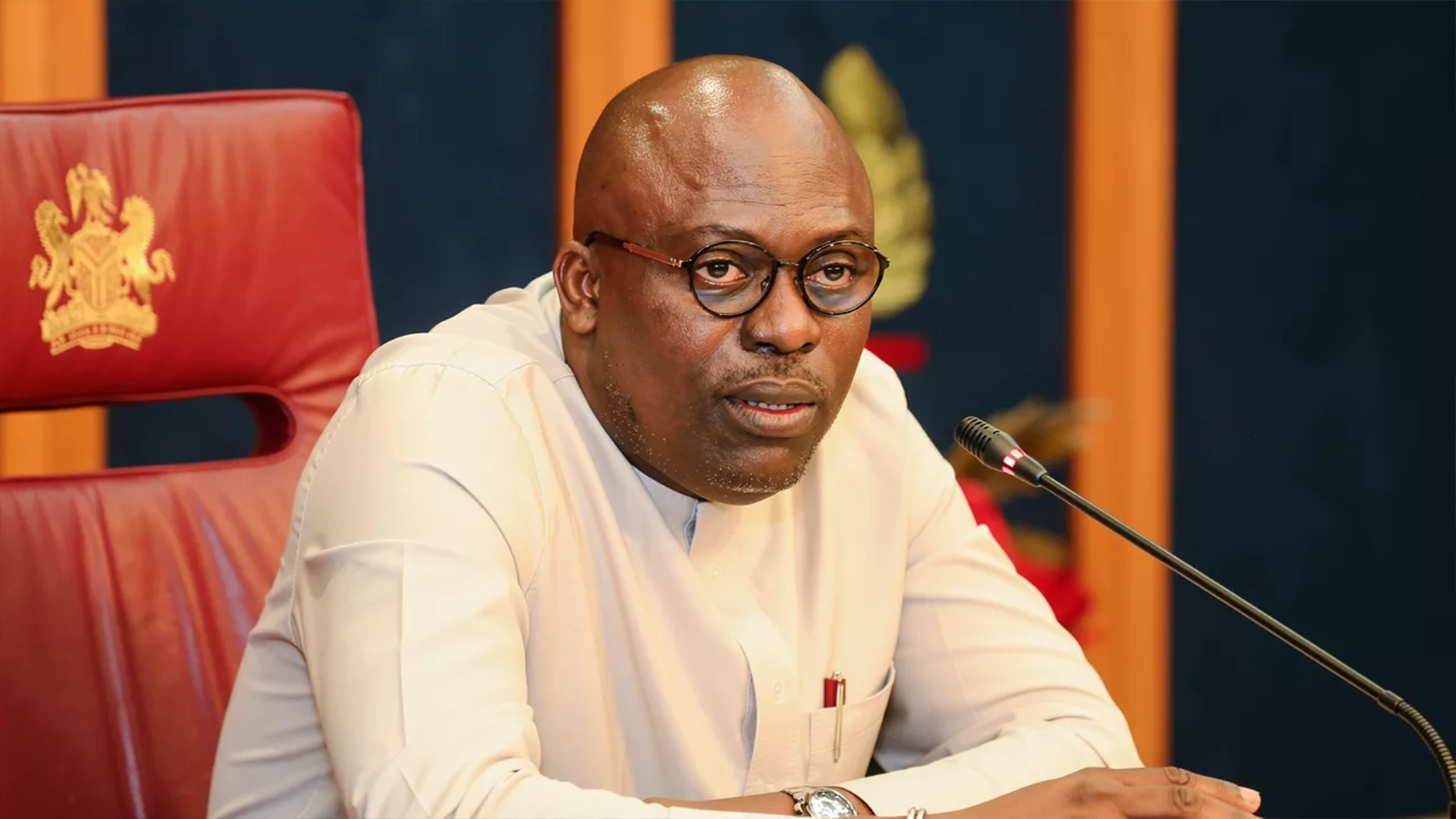
The Royal Institution of Chartered Surveyors (RICS) Nigeria Group has canvassed improved investment in technology to deepen the concept of smart buildings across cities in the country.
RICS Chairman, Nigeria Group, Mrs Oluyinka Patunola-Ajayi, who led the charge at this year’s RICS conference entitled: ” Building a Smart and Connected Nigeria: The Role of Technology Infrastructure” organised by the RICS Nigeria Group, in Lagos, said if the infrastructure is improved, both work and life will be smoothly connected, people will transit seamlessly from home-to-work, recreation, and manufacturing hubs among others.
Patunola-Ajayi appealed to the government at all levels to improve the power sector, which remains a challenge to the adoption of smart buildings and connecting cities. She also urged the government to leverage multi-faceted power sources such as gas, solar, turbine, and wind energy to generate power. “Once there is stable power, the technology and digital network needed will be able to work effectively, while many firms, individuals and organisations will be able to leverage technology,” she said.
According to her, the theme of the conference speaks directly to one of the most urgent and transformative opportunities for a country, particularly at a time when digital transformation is reshaping economies and societies across the globe.
“Nigeria stands at a pivotal juncture. How we embrace and invest in technology infrastructure will determine the extent to which we can unlock our potential as a smart, connected, and globally competitive nation. Technology infrastructure spans data centres, telecommunication towers, and reliable energy systems are the backbone of smart cities and economies. Yet, we face several challenges, including limited funding, regulatory hurdles, and the ever-present issue of inadequate power supply. These challenges must not deter us but inspire innovation and collaboration,” she said.
Patunola-Ajayi further said RICS as a global body, has been instrumental in setting standards and providing tools for professionals worldwide, pointing out that at the local level, it is saddled with the responsibility to ensure that the built environment works in Nigeria.
Digital engineering leader for Deloitte & Touche, West Africa, Oluwole Oyeniran, said three cities, namely Lagos, Abuja and Kaduna have gone through various stages of attaining connected cities, stressing that the underlying idea for connected Nigeria is smart cities, whereby the infrastructure is intelligent, able to communicate and make life better for all citizens.
Oyeniran explained that the Internet of Things (IoT) and Artificial Intelligence (AI) have become useful for the functioning of smart devices, particularly in controlling temperature in buildings, monitoring power consumption, allocation and balancing distribution. He also said such infrastructure aids sewage management, identifying stresses/potential challenges in buildings, as well as parking systems in buildings and cities cost-effectively.
He said: “The coming of 5-G technology has been useful in terms of enabling some of the high band communication to happen. However, our progress has not been as rapid as we would like within the Nigerian space. But a connected Nigeria will be value-adding, meaning that the country is intelligent and can meet the people’s needs. Power is distributed dynamically; loads are distributed correctly and apportioned where they are needed efficiently.”
Incoming Chairman, RICS Nigeria Group, Mr Tayo Odunsi, said the trend whereby people demand only accommodation with high-speed internet has started in some locations, estimating that in the next ten years times, houses that don’t have access to high-speed fibre will be less desired.
Other participants included General Manager/Chief Executive Officer of Lagos State Infrastructure Management Regulatory Agency (LASMIRA) Mr Oyekanmi Elegushi, represented by the agency’s Chief administrative officer, Mrs Abimbola Motunrayo, Chief Executive Officer of ATC Nigeria, Soji Diya, Chief Executive Officer of Rack Centre, Co-founder/CEO of Venco, Mr Chude Osiegbu, Co-founder/CEO of Smart Parcel, Benjamin Adeyemo and Mr Elom Lassey of Africa Venture Capital Investor IFC, World Bank Group.
They highlighted the importance of transforming the urban landscapes through technology infrastructure, awareness of the need to adopt technology, proper regulations, empowerment and ease of doing business environment.






